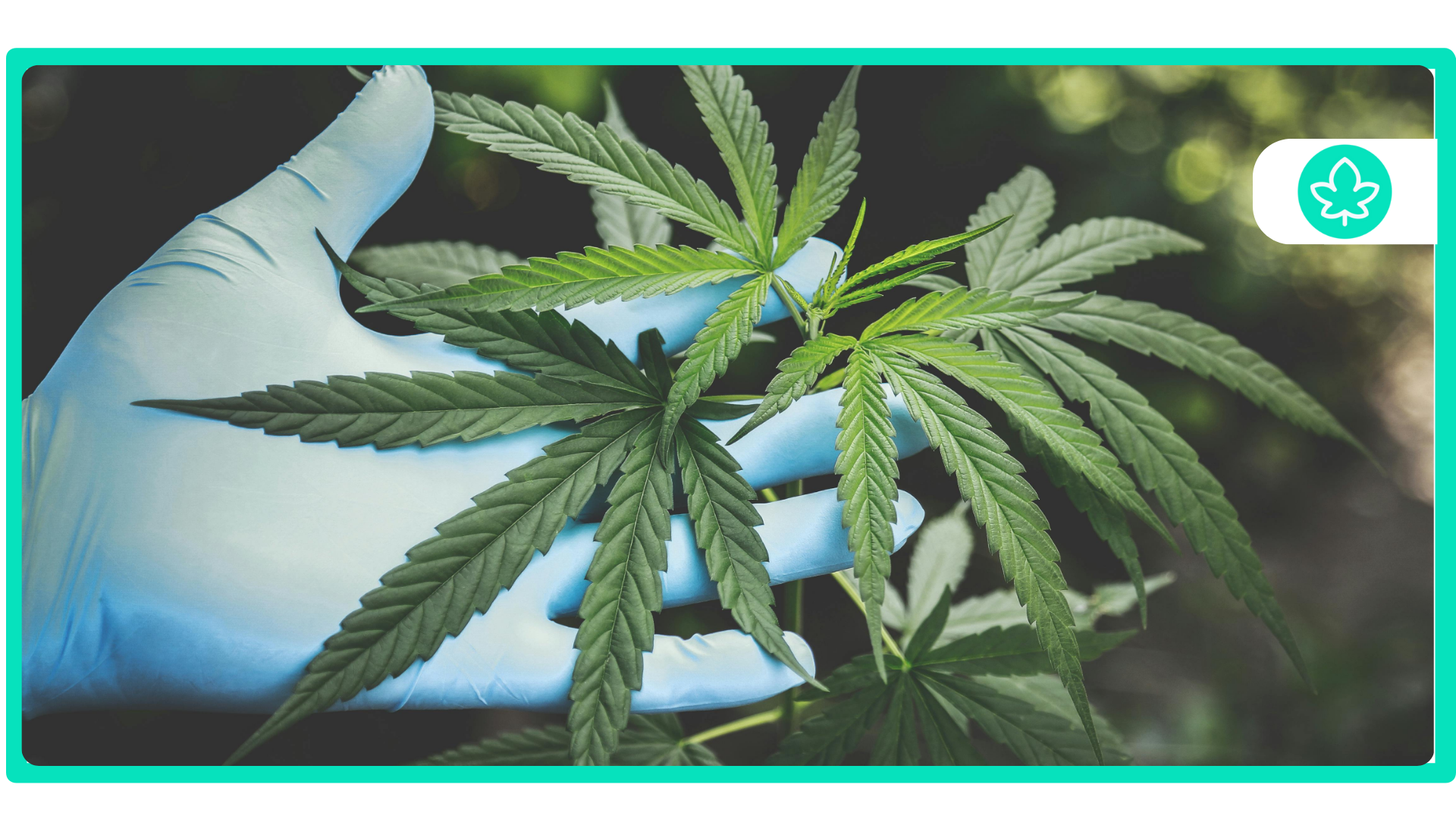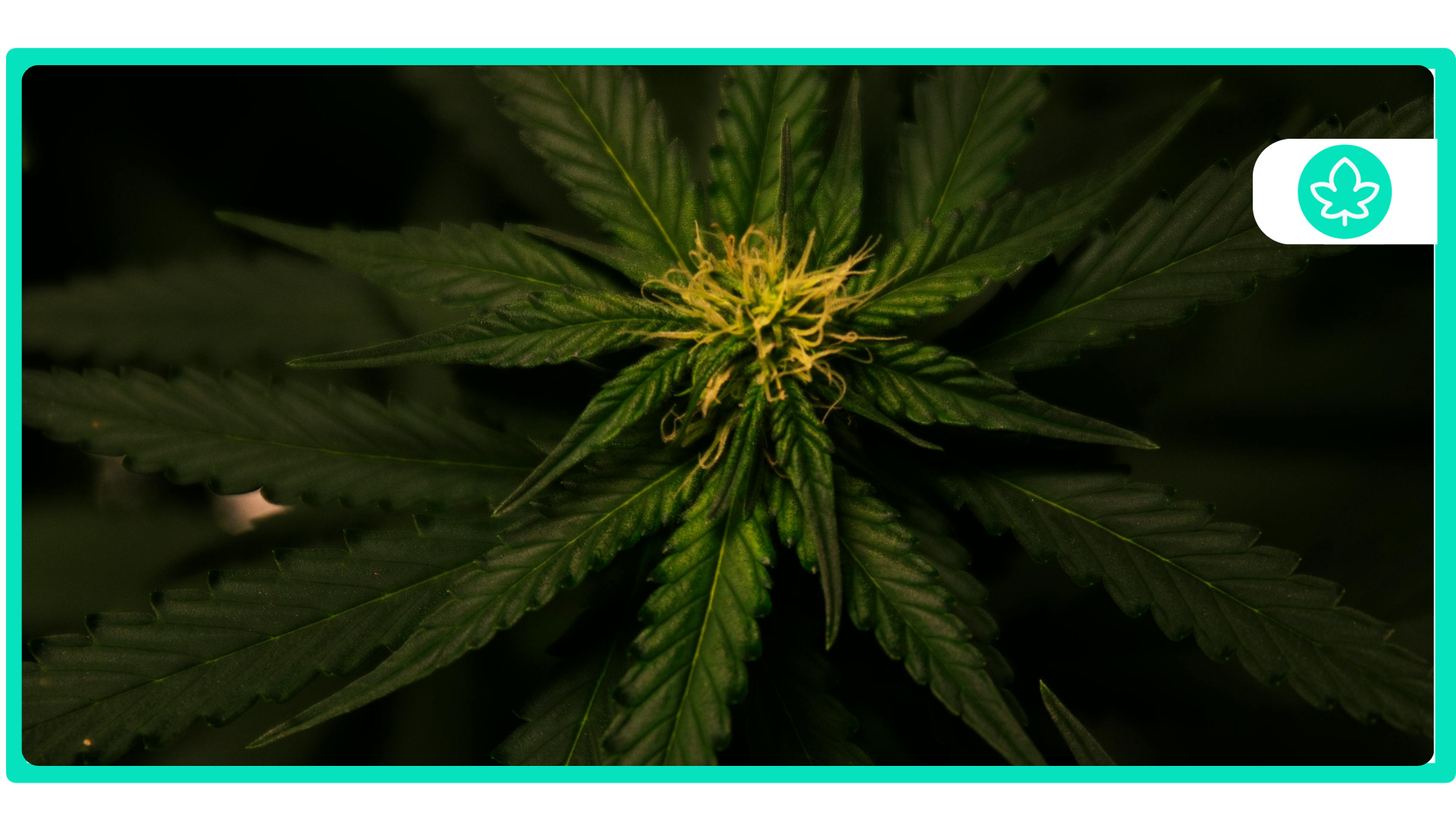A total of 38 US states now have an active medical marijuana program, administered by the respective state governments. If you’re a patient who is diagnosed with one of the qualifying medical conditions, there are very good chances that you do qualify for a medical marijuana program in your state.
However, the cost of using various medical marijuana products is something that you have to bear on your own. There are tax exemptions and subsidies for registered patients but still, you’re responsible for bearing the majority of your medical marijuana expenses.
As a result, the majority of medical marijuana users do think about using some health insurance that could help them pay their medical marijuana expenses. Unfortunately, things aren’t that simple due to marijuana’s status as a Schedule I substance as per the US federal laws.
With that being said, CertaMD is fully aware of the fact that there are a total of three medical insurances that can cover such medical expenses across the US. Let’s take a look at how each of these medical insurance deals with medical marijuana expense claims.
Medicare
Medicare is the US national health insurance organization that works under the influence of the US federal laws. This means that you can’t legally use your Medicare insurance plan to cover your medical marijuana expenses. Cannabis is still categorized as a Schedule I substance as per the US federal laws making cannabis possession and consumption illegal. Medicare must comply with these federal laws as a national level federally administered health insurance program.
Although it doesn’t seem like something happening in the near future, the DEA moving cannabis to the lower category of Schedule II or Schedule III can open new doors of research for medical cannabis. Even if the research shows a positive impact of medical cannabis on treating various medical conditions, it would take years for the FDA approval and subsequent federal approval for medical cannabis use.
Currently, there are some cannabis-based medications and synthetic THC compounds that are FDA-approved and used by patients suffering from conditions like cancer, HIV/AIDS, etc. These compounds are covered by Medicare but are even more potent than the cannabis-driven THC.
Medicaid
Another federally-operated health insurance organization that works on a national level and is majorly focused on helping low-income patients pay their medical bills. However, this means that Medicaid is in the same boat as Medicare and can’t possibly cover your medical marijuana expenses.
However, states like New York, New Jersey, and New Hampshire do allow reimbursement of evaluation, certification, and purchase of medical marijuana on a state level through the Medicaid channel. A great state-driven initiative but on a national level, Medicaid won’t be covering your medical marijuana expenses for many more years to come.
Private Health Insurance Plans
Apart from the federally administered health insurance programs, there are a lot of private health insurance plans that you can purchase to cover your medical bills. Still, it’s highly unlikely that any of these private insurance plans will be covering your medical marijuana expenses.
These private companies usually operate on a national scale and don’t want to deal with medical marijuana-related expenses due to the federal categorization of cannabis as a Schedule I substance even when around 75% of US states have now legalized medical marijuana.
Will using medical marijuana impact the cost of my health insurance plan?
No, the fact that you’re using medical marijuana won’t impact the cost of your health insurance plan. In most cases, your health insurance plan won’t be covering your medical marijuana expenses which leaves no reason behind for an increase in the cost of your current health insurance plan.
However, you can expect the cost of your car insurance plan to go high if you’re someone who uses medical cannabis and is involved in collisions, traffic stops, or driving under the influence of cannabis.
Tips for affordable medical marijuana without a medical insurance plan
Cannabis flower prices typically range from $5-20 per gram, $20-60 for an eighth, and up to $400 for an ounce, but buying in bulk, storing properly, or opting for concentrated forms like vape cartridges or cannabis oil can help save money.
Fortunately, many states, cities, and dispensaries offer financial assistance programs, including discounted ID card registration or patient-relief initiatives, to help make medical cannabis more affordable.
Also, online medical marijuana evaluation appointment booking platforms like CertaMD offer affordable appointment bookings as compared to in-person appointments.
Final Note
Unfortunately, medical marijuana expenses are not covered by any major medical insurance program active in the United States. Even if the US federal laws change the status of cannabis from a Schedule I substance to a less severe category, it would take years before health insurance programs or health savings accounts (HSAs) would start covering medical marijuana expenses.
















